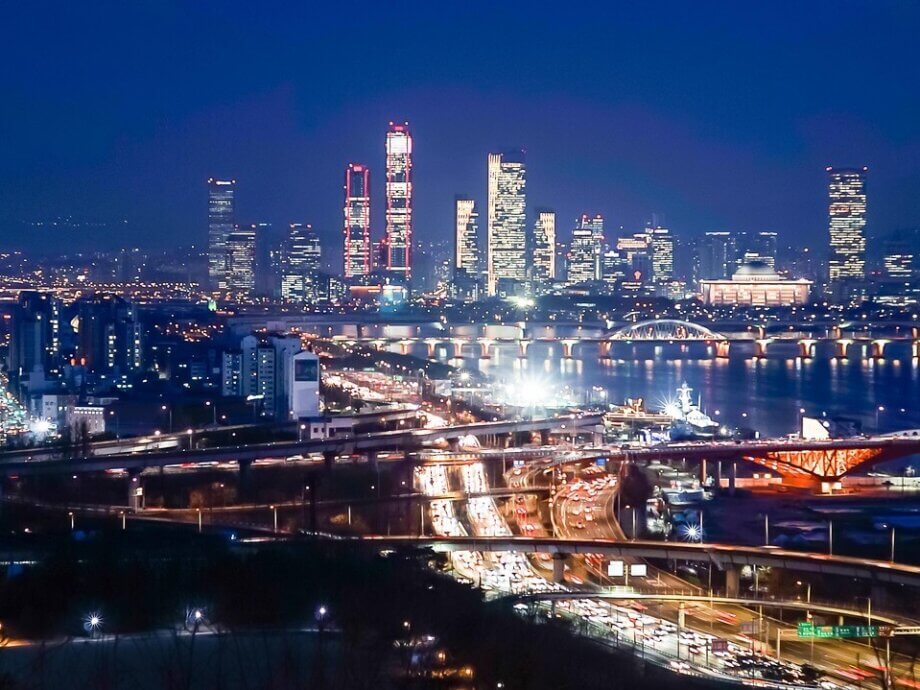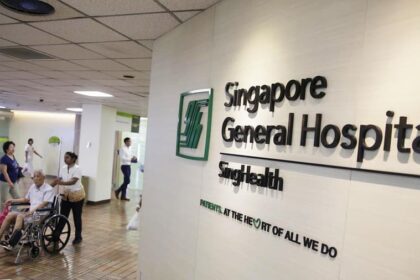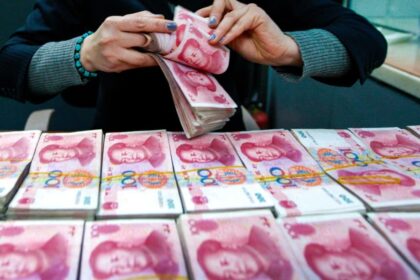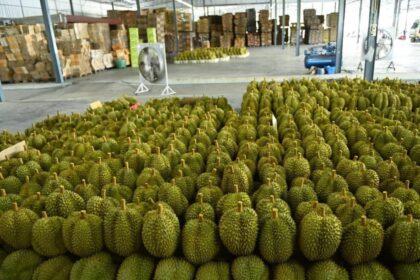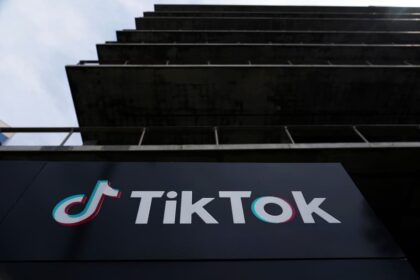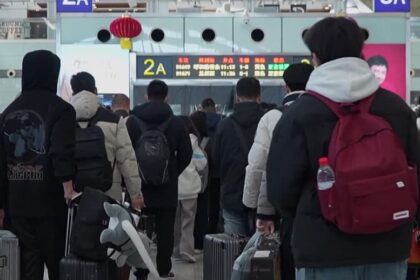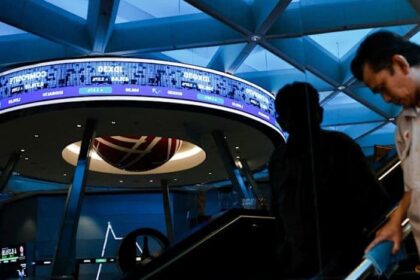Introduction: South Korea at a Crossroads
South Korea, long celebrated as a model of rapid economic development and democratic transformation, now finds itself at a critical juncture. Recent political turmoil, economic headwinds, and deepening social divisions have raised pressing questions about the nation’s trajectory. Is South Korea entering a period of decline, or can it overcome its current challenges to reclaim its status as a global leader? This article examines the factors fueling concerns about decline, drawing on expert analysis, recent events, and historical context to provide a comprehensive picture of South Korea’s present and future.
- Introduction: South Korea at a Crossroads
- Political Turmoil: The Crisis of Democratic Governance
- Factors Driving Political Decline: Polarization, Populism, and Corruption
- Social Disintegration and Ideological Warfare
- Economic Headwinds: Slowing Growth and Structural Challenges
- Geopolitical Pressures and Security Concerns
- Leadership Transition: A New Direction Under President Lee Jae-myung?
- In Summary
Political Turmoil: The Crisis of Democratic Governance
In late 2024, South Korea was rocked by an unprecedented political crisis. President Yoon Suk Yeol, facing plummeting approval ratings and mounting opposition, declared martial law—a move that evoked painful memories of the country’s authoritarian past. The declaration, which lasted only six hours before being swiftly overturned by the National Assembly, exposed deep fissures in South Korea’s political system and raised alarms about the resilience of its democracy.
According to the Journal of Democracy, the episode highlighted two main forces undermining Korean democracy: entrenched sociopolitical polarization and leadership failures. The Yoon administration, elected by the narrowest margin in Korean history, struggled to work with an opposition-dominated legislature. Instead of seeking compromise, President Yoon often adopted a confrontational stance, vetoing bills and resisting investigations into alleged corruption involving his wife and close associates.
Public frustration grew as the administration was perceived to subvert justice and transparency, particularly in high-profile cases such as the Itaewon Halloween tragedy and the suspicious death of Lance Corporal Chae Su-geun. The government’s handling of these incidents, coupled with policy failures in healthcare and other sectors, further eroded trust.
Hyunjoon Park, director of the James Joo-Jin Kim Center for Korean Studies, observed:
“The Korean people have been frustrated by the Yoon administration, especially its continued lack of transparency and subverting of justice.”
The swift and peaceful reversal of martial law, however, also demonstrated the maturity and resilience of South Korea’s democratic institutions. Lawmakers from across the political spectrum united to defend constitutional norms, and civil society mobilized rapidly to prevent a slide into authoritarianism. As Soosun You, a senior fellow in political science, noted:
“One of the key lessons is that democracy should not be taken for granted. Even in a consolidated democracy like South Korea, it didn’t take several hours for this incident to unfold. Fortunately, citizens and lawmakers were able to take immediate action to prevent the country from further backsliding.”
Factors Driving Political Decline: Polarization, Populism, and Corruption
Professor emeritus Choi Jin-seok, in a widely discussed article, identified four key factors that can precipitate a country’s decline: extreme political conflict, social disintegration, populism, and corruption. South Korea, he argued, is exhibiting all these symptoms.
Political polarization has reached unprecedented levels, with the executive and legislative branches locked in a cycle of confrontation. The opposition-controlled National Assembly and the presidency have repeatedly clashed over investigations, policy initiatives, and even the basic functioning of government. This gridlock has undermined effective governance and fueled public cynicism.
Populism, often manifesting as short-term, vote-winning policies, has further eroded the quality of political discourse. Both left- and right-leaning parties have resorted to populist rhetoric, demonizing opponents and prioritizing political survival over long-term national interests. Corruption scandals, involving figures across the political spectrum, have deepened public disillusionment and weakened the legitimacy of democratic institutions.
Choi also warned of the dangers of manipulating the judiciary for political gain—a trend that has become increasingly visible in recent years. Attempts by politicians to influence court decisions or shield allies from prosecution threaten the rule of law and the separation of powers, both foundational to liberal democracy.
Social Disintegration and Ideological Warfare
Beyond the political arena, South Korea faces growing social fragmentation. The country’s rapid modernization and economic success have not been matched by social cohesion. Instead, acute polarization along ideological, generational, and regional lines has become a defining feature of Korean society.
Ideological warfare, often played out in the media and on social networks, has created an environment where compromise is seen as weakness and consensus is elusive. Issues such as gender equality, immigration, and national identity have become flashpoints for conflict, further dividing the population.
Choi Jin-seok cautioned against the misuse of terms like “justice” and “democracy,” noting that political and personal vendettas are often disguised as righteous causes. He argued that true justice is distinct from revenge, and that democracy should not be conflated with mob rule or authoritarian populism.
The Role of Ordinary Citizens
While much of the blame for political and social dysfunction falls on the country’s leaders, Choi emphasized that ordinary citizens are not without responsibility. Apathy, complacency, and uncritical support for partisan agendas have allowed destructive patterns to persist. The health of a democracy, he argued, depends on an engaged and vigilant public willing to hold leaders accountable and demand better governance.
Economic Headwinds: Slowing Growth and Structural Challenges
South Korea’s economic performance, once the envy of the world, is now showing signs of strain. The Korea Development Institute (KDI) recently assessed that the economy remains in a “weak state,” citing a slump in the construction industry, slowing exports, and limited job growth. The first quarter of 2025 saw a negative 0.8 percent change in GDP, with domestic investment faltering and external trade pressures mounting.
According to the Korea Economic Institute of America, South Korea’s economic slowdown is more structural than cyclical. The country faces a long-term decline in growth potential due to an aging population, declining workforce, and overreliance on exports—particularly to the United States and China. Recent U.S. tariff increases under the Trump administration have further dampened export prospects, while domestic political instability has discouraged investment.
Facility investment, especially in the semiconductor sector, had been a bright spot but also fell sharply in early 2025. The construction sector, a key driver of domestic demand, contracted by over 20 percent in April compared to the previous month. While consumer sentiment has shown signs of recovery, the overall outlook remains cautious.
Foreign Investment and Market Sentiment
Political uncertainty and economic headwinds led foreign investors to withdraw from Korean markets in late 2024 and early 2025, exacerbating the decline in the KOSPI stock index and weakening the won. However, the resolution of the political crisis and the election of President Lee Jae-myung in June 2025 have helped restore confidence. Foreign investors returned as net buyers, driving the KOSPI to its highest level in nearly a year and strengthening the currency.
Lee Kyung-min, an analyst at Daishin Securities, explained:
“Foreign investor demand has strengthened due to expectations of fiscal stimulus alongside interest rate cuts and factors favoring the won’s appreciation. Since the exchange rate could decline further, the trend of net buying by foreign investors is expected to continue.”
Nevertheless, risks remain. Ongoing global trade tensions, particularly with the United States, and the possibility of renewed political instability could quickly reverse these gains.
Geopolitical Pressures and Security Concerns
South Korea’s domestic challenges are compounded by a volatile regional environment. Geopolitical tensions involving China, Russia, North Korea, and the United States have heightened the risks facing the country. North Korea’s provocations, China’s assertiveness, and uncertainty over U.S. security commitments all require careful navigation.
Historically, South Korea’s political system has oscillated between authoritarianism and democracy, shaped by external pressures and internal divisions. The current period of instability, according to GIS Reports, is reminiscent of past episodes where political brinkmanship and foreign interference threatened the country’s stability. The legitimacy of authority in Korea, influenced by Confucian traditions and the concept of the “rightful ruler,” is always subject to public judgment—especially in times of crisis.
South Korea’s dependence on international trade and security alliances means that domestic turmoil can have far-reaching consequences. The possibility of a return to authoritarianism, while currently remote, cannot be entirely dismissed if instability persists. Conversely, a renewed commitment to democratic norms and political moderation could help the country weather external shocks and maintain its global standing.
Leadership Transition: A New Direction Under President Lee Jae-myung?
The election of Lee Jae-myung as president in June 2025 marks a potential turning point. Lee has pledged to revitalize the economy, pursue innovative growth sectors, and strengthen social welfare programs. His administration aims to balance economic development with social equity and environmental sustainability, while engaging actively in regional diplomacy to address security challenges.
Lee’s bold agenda reflects an understanding that South Korea’s future depends on both internal reform and external engagement. By fostering reconciliation, cooperation, and inclusive growth, the new leadership hopes to reverse the trends of decline and restore public confidence.
In Summary
- South Korea faces significant political, social, and economic challenges, raising concerns about potential decline.
- Recent political turmoil, including the brief imposition of martial law and the impeachment of President Yoon Suk Yeol, exposed vulnerabilities but also demonstrated the resilience of democratic institutions.
- Key factors driving decline include extreme polarization, populism, corruption, and social fragmentation.
- The economy is experiencing structural headwinds, with slowing growth, declining investment, and external trade pressures.
- Foreign investor confidence has rebounded following the resolution of political uncertainty, but risks remain.
- Geopolitical tensions in the region add to the complexity of South Korea’s challenges.
- The new administration under President Lee Jae-myung offers hope for renewal through economic reform, social inclusion, and active diplomacy.
- Ultimately, South Korea’s path will depend on the choices of its leaders and citizens—whether they can overcome division and complacency to build a more resilient and prosperous future.


